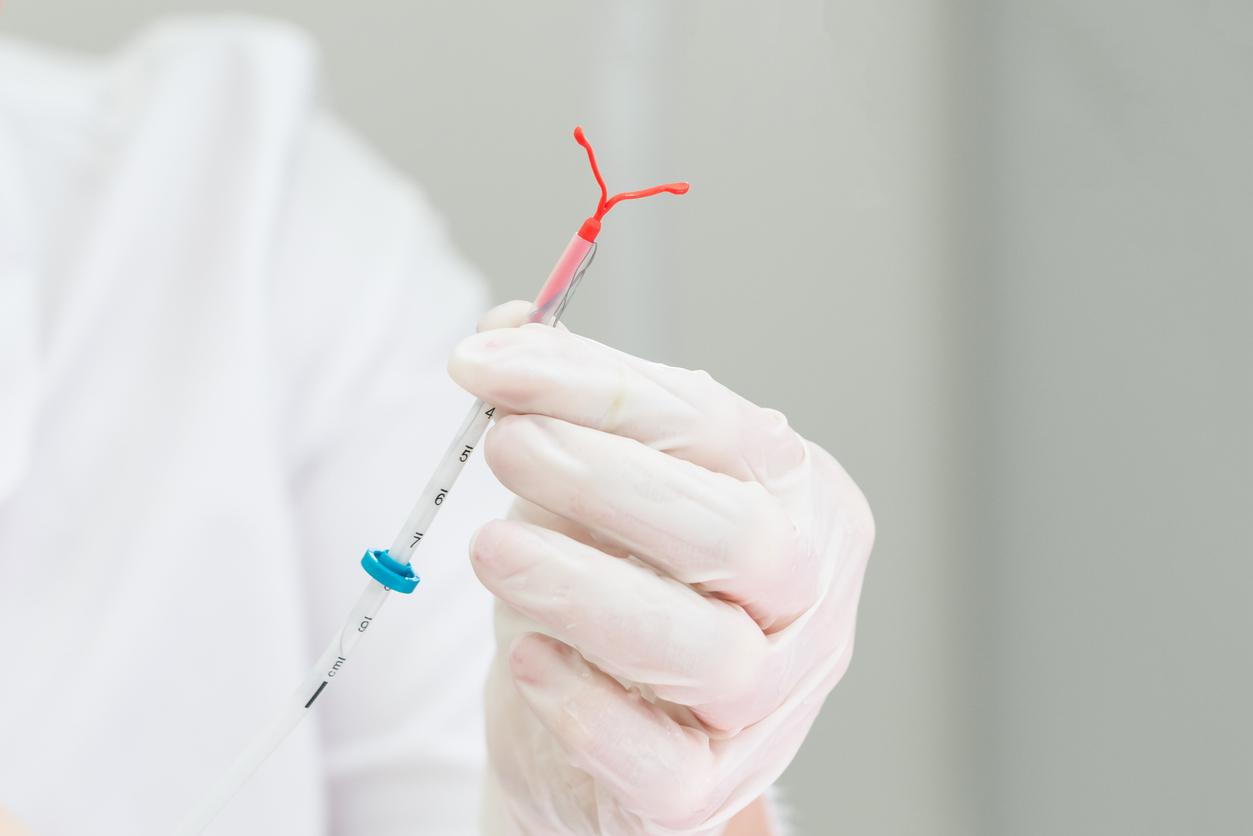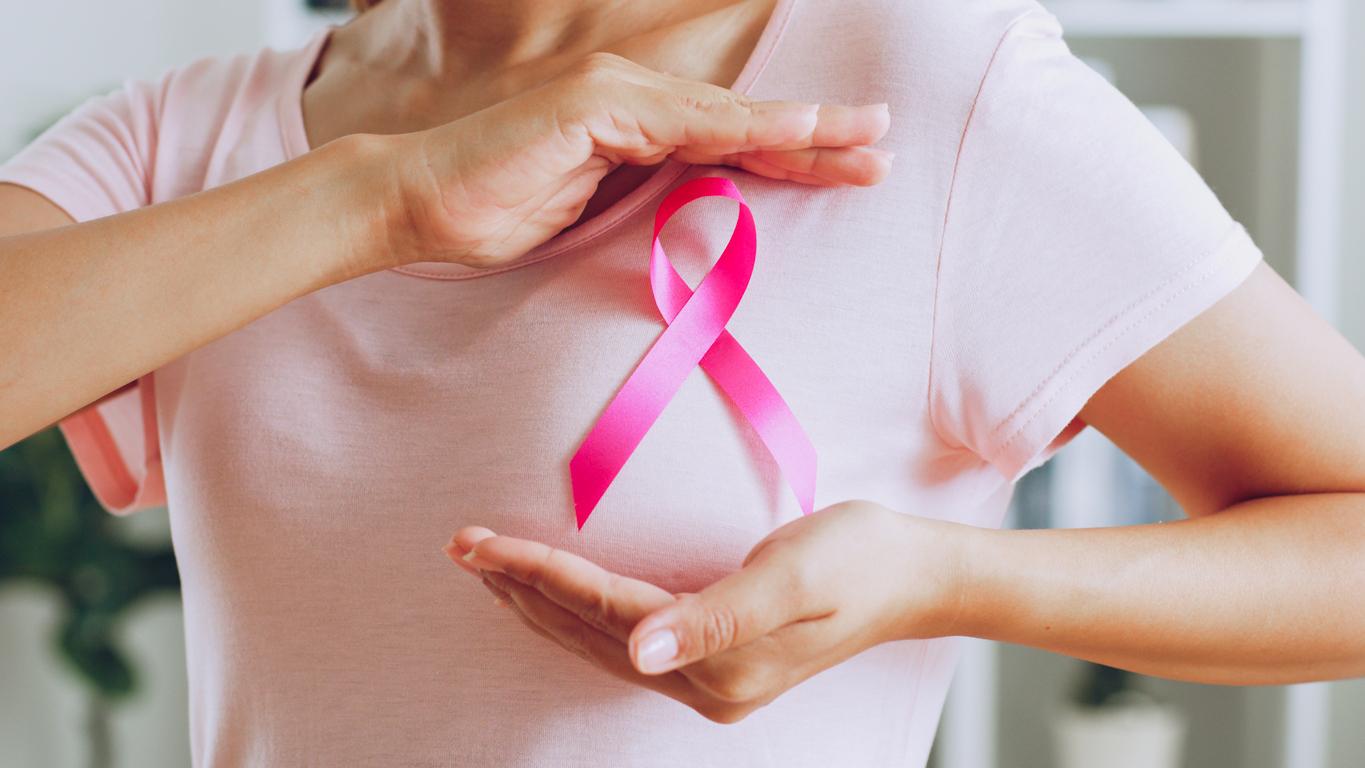Hormone replacement therapy does not increase the risk of breast cancer recurrence.

- Breast cancer is the most common cancer in women in France.
- This disease usually develops in the outer parts of the mammary gland, near the armpit where the skin is very thin and permeable.
In 2018, nearly 60,000 breast cancers were screened, according to theNational Cancer Institute. Like many cancers, the earlier it is detected, the higher the chance of a cure. According to the website of theHealth Insurancethere would be 99% five-year survival for breast cancer detected at an early stage compared to only 26% when diagnosed at a late stage.
Adopt a healthy lifestyle
After breast cancer, it can happen that some women have a recurrence, that is to say that the cancer declares itself again. Generally, patients are followed over the long term to avoid this risk. Lhe post-breast cancer medical follow-up aims to “detect symptoms of a possible recurrence of breast cancer or the appearance of a new cancer in the same breast or in the other breast as soon as possible”, can we read on the website of the Health Insurance.
To avoid a relapse, doctors generally advise patients to adopt a balanced and sufficient diet, not to gain too much weight, to remain active, to sleep well, to reduce or even stop the consumption of alcohol and tobacco. .
More risk with HRT
But among the risk factors, there are also certain hormonal treatments against menopause, in particular hormone replacement therapy (HRT). This is a treatment based on hormones that replace those that women lack during menopause. Currently, it is recommended to limit the intake of this treatment to a maximum of five years to limit the risk of breast cancer.
“In August 2019, a large meta-analysis published in the Lancet confirmed the already known increased risk of breast cancer in women using HRTindicates theNational Agency for the Safety of Medicines and Health Products (ANSM). This risk is higher for estrogen-progestogen combinations than for estrogen alone and increases also with the duration of treatment“.
No risk of recurrence
But, according to a recent study published in the journal Journal of the National Cancer Institute, there would be no link between taking these drugs and the risk of relapse of breast cancer. To arrive at this result, the scientists analyzed the health data of 9,710 postmenopausal women who had been diagnosed with incident, invasive, non-metastatic breast cancer, who had undergone an operation to remove both breasts and who did not had had no other treatments for this condition or, at most, five years of endocrine therapy with tamoxifen, a treatment for breast cancer. Among them, 8,461 had not received HRT before their diagnosis of breast cancer.
Of these 8,461 women, 133 used HRT after their diagnosis and 1,957 used vaginal estrogen therapy (OTV), another treatment for menopausal symptoms. According to the authors, neither women who received HRT nor those on OTV had a greater risk of recurrence of their breast cancer.
On the other hand, the scientists note that in patients treated for their breast cancer with adjuvant aromatase inhibitors had a greater risk of recurrence if they used OTV. “Since we did not observe an increased risk of recurrence in OTV-treated patients receiving tamoxifen, switching to tamoxifen after two to three years of treatment with an aromatase inhibitor could be considered for women starting an OTV“, develop the authors.
Replace the OTV to limit the risk
“In summary, the results of this study (…) suggest that patients taking tamoxifen who have severe genitourinary symptoms of menopause can be safely started on vaginal estrogen because OTV does not appear to statistically significantly increase the risk of cancer recurrence. breast or mortalityexplain the authors of this study. Patients taking aromatase inhibitors should try other strategies for managing genitourinary symptoms, as OTV will likely increase their risk of breast cancer recurrence.”

Advertising

















